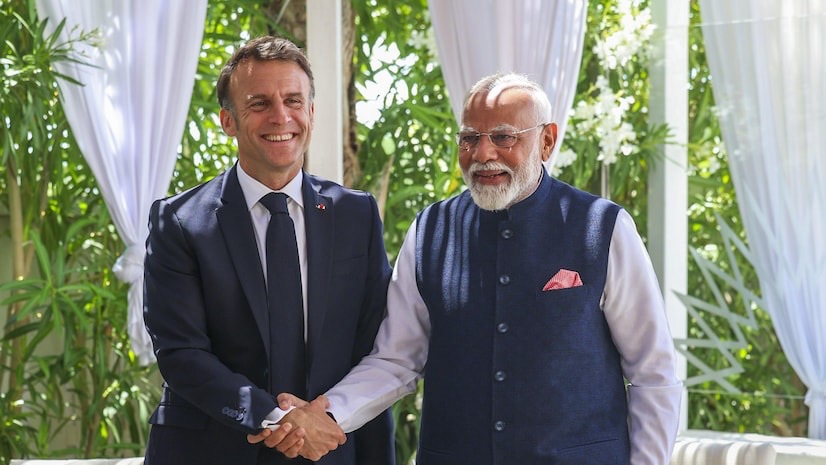Prerana Toshniwal, Pune
At the 79th United Nations General Assembly (UNGA), French President Emmanuel Macron in his address voiced France’s support for India’s inclusion along with a few other countries as a permanent United Nations Security Council(UNSC) members.
In the address, he said that France supports the expansion of the UNSC with Germany, Japan, India, and Brazil, along with 2 countries designated by Africa to support it as permanent members.
“As long as we have a Security Council that is blocked reciprocally, I would say, according to each one’s respective interests, it will be difficult to move forward. Is there a better system, I don’t think so.”, he said. He also emphasized the need for reform within the UN by making the International organization more representative. He said it is a crucial step towards great effectiveness.
He further added that this ‘reform’ alone would not be enough to restore the effectiveness of the council. He warned calling for a change in the working methods of the body, a limitation of the right of veto in case of mass crimes, and more attention to operational decisions that are required for maintaining peace.
Notably, India for a very long time has been eyeing a permanent seat at the UNSC. India’s push for a permanent seat has gained more momentum recently. Although Minister of External Affairs, S. Jaishankar, noted that as perceptions of UN’s weakeing grow, so do India’s chances of the permanent seat.
Earlier this week, US President Joe Biden told PM Modi that the United States supports initiatives to reform global institutions to reflect India’s important voice, including permanent membership for India in a “reformed” UNSC.
Earlier, on Monday, Indian Prime Minister Narendra Modi in his address at the ‘Summit of the Future’ at the UNGA in New York also called for reforms in the global institutions and termed these reforms as the ‘key to relevance’.
The UNSC is composed of 15 member states. Out of which, 5 members are permanent (US, UK, France, China, and Russia) with veto power and 10 members are elected for 2-year terms. India has been elected 8 times so far.
